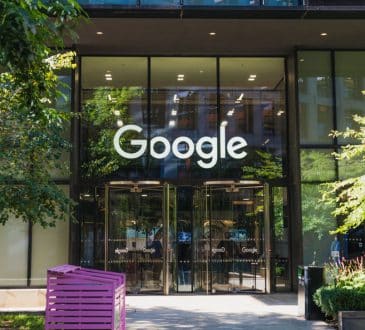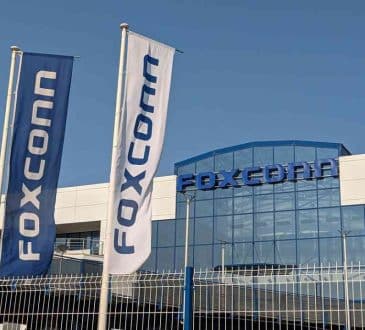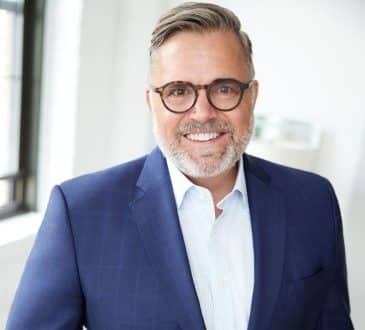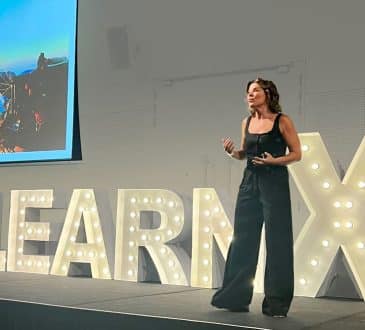CEOs Rediscovering Counter-Narratives Amid a COVID-19 Spike In Geopolitical Risk
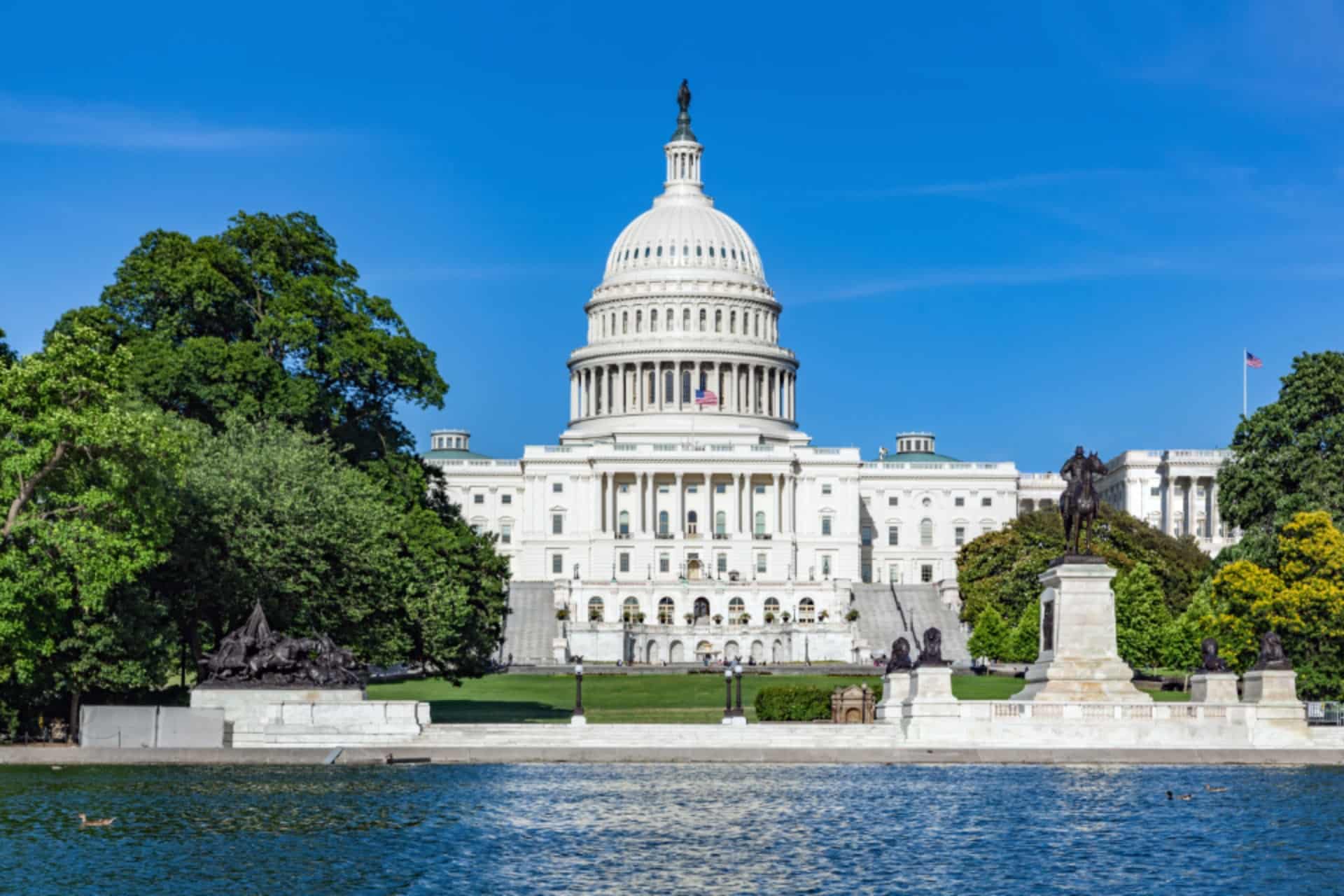
President Trump has just compared the pandemic with Pearl Harbour, giving a new sense to the “we are at war” soundbite use first by France’s Macron and then taken over by the US leader. There is a growing international backlash against China, and India is trying to lure US companies in a global supply chain reorganization. Europe has never been closer to break up, at least in terms of perception. And there is global confusion on the best exit and recovery strategies at national and global levels.
In such extraordinary times, leadership matters more than ever; (global) politics is back big time and those who will ignore this trend will jeopardize their businesses. It is high time to reassess risks and reprioritize geopolitical ones for business continuity and success. Understanding early warnings, such as the evolution of strategic narratives and counter-narratives, is essential for distinguishing the signal from the noise and being one step ahead of the competition.
No one is safe. Regardless of whether you are the CEO of a US multinational company, an entrepreneur in an export-oriented German SME, the representative of a rich Gulf family business, a new African tycoon or the leader of an Asian superclan, the Covid-19 pandemic will bring about major transformations, especially related to a spike in the geopolitical risk, beyond the typical health and economic threats. Those who understand less or ignore international politics will be more vulnerable to geopolitical economic and social turbulence.
To master these trends, new analytic tools and new strategies of stakeholder engagement within the global ecosystem are required. It all starts with mapping the elements of a toxic cocktail: growing populism, the surge of nationalism and protectionism, the retreat of globalization, and paralyzing health and economic fears. This is more than the regular economic contraction one sees during a recession; this is a change of mentality with lasting consequences that invite business to adapt, thrive or make room for their competitive others in this “new normal”.
The geopolitical risks can translate into very concrete challenges for the businesses: investments will be “screened” more thoroughly and the strategic considerations might outweigh commercial goals (already happening to Chinese investments in Europe); the flag that a business carries will matter more and the risk of sanctions of even inter-country/bloc retaliation should not be ignored; businesses could be forced to choose one market or partner over another. Singapore PM Lee said last year in Shangri La his and other countries don’t want to choose between the US and China, but some global business may be forced to do that. It will take a lot of skill and political knowledge to avoid such traps or the escalation of political feuds beyond the point that they are detrimental to business.
We do not experience only a pandemic, we are also subject to a great power competition connected infodemic, with every major player seeking to own the narrative of how Covid-19 emerged. It is a blame game driven by the attempt to win the moral high ground, get one’s version of the story across, and rally the allies and international public opinion against the “perpetrator”. The real danger here is to be caught in the crossfire, to become the grass that suffers from the elephants fighting. Action and discourse go hand in hand, and the global value chains are first on the line to suffer massive disruptions and reorientations. This will especially impact emerging markets, thus exactly those places that have recently seen massive investments driven by the idea of a flat (business) world. Entire ecosystems are impacted, starting with direct suppliers and continuing with the suppliers of suppliers. Well thought-through coping strategies and expertly executed tactical moves will be grounded in a superior reading of politics – and especially of electoral politics, but also of the narrative’s land.
In this environment, the companies cannot simply rely on states to defend them or do their bidding; they have to take the initiative and come up with geopolitical risk contingency and mitigations plans. It all starts with a realistic assessment of the national, regional and global political situation, all under the mantra of the worst-case scenario. It continues with the assessment of the extent to which the business interest can be affected by one move or another: a repertoire of immediate and medium-term risks should be drafted. The next point relates to diversification: this is the worst time to keep all your eggs in the same basket (i.e. industry/market). After these substantial steps, one must decide what, when and how to communicate to avoid backlash, and must also preventively prepare a “covid19 narratives and counter narratives” scenario plan.
It’s not that improbable nowadays to take the heat as scapegoat or suffer as collateral damage in transnational blame games amid problematic global trade, hostile takeovers and resource scarcity on various markets. The best manner to avoid being forced to make binary choices as a CEO, or as a business leader in general, is to build a network of strong voices together with those who reject Manichean takes: here, businesses and political leaders alike can cooperate and forge coalitions that will permit them to keep a safe distance from great power competition. All in all, one thing is clear: the Covid-19 pandemic is as (geo) political as it can be.
Written by Radu Magdin. Have you read?
# Ranking of the world’s best business schools for 2020.
# Ranking of the world’s best medical schools for 2020.
# Ranking of the world’s best fashion schools for 2020.
# Ranking of the world’s best hospitality and hotel management schools for 2020.
Add CEOWORLD magazine to your Google News feed.
Follow CEOWORLD magazine headlines on: Google News, LinkedIn, Twitter, and Facebook.
This report/news/ranking/statistics has been prepared only for general guidance on matters of interest and does not constitute professional advice. You should not act upon the information contained in this publication without obtaining specific professional advice. No representation or warranty (express or implied) is given as to the accuracy or completeness of the information contained in this publication, and, to the extent permitted by law, CEOWORLD magazine does not accept or assume any liability, responsibility or duty of care for any consequences of you or anyone else acting, or refraining to act, in reliance on the information contained in this publication or for any decision based on it.
Copyright 2024 The CEOWORLD magazine. All rights reserved. This material (and any extract from it) must not be copied, redistributed or placed on any website, without CEOWORLD magazine' prior written consent. For media queries, please contact: info@ceoworld.biz
SUBSCRIBE NEWSLETTER




